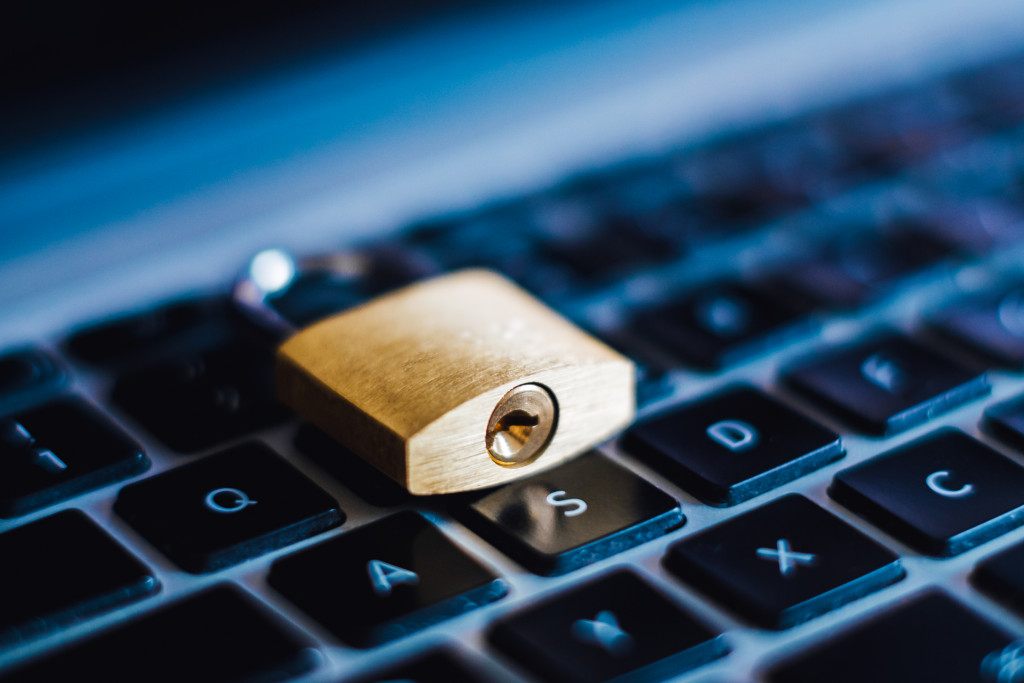Disclaimer: This website provides health information for educational purposes only and is not a substitute for professional medical advice, diagnosis, or treatment. Always seek the guidance of a qualified healthcare provider with any questions you may have.
You cannot let anyone mess with your healthcare data. Everyone knows that this sector captures data very confidential and vitally. As healthcare data skyrockets, so do the number of cybercriminals looking to exploit it. Hence, you should use strong passwords and change them regularly.
Data security breaches can cause a lot of damage to both patients and healthcare organizations. It can lead to identity theft, but it can also put sensitive medical information into the wrong hands. This can exploit patients or embarrass them if the information is leaked online. It can also fetch huge penalties from regulators.
There are things that you can do to protect your healthcare data. These things are crucial not only for you as an individual but also for the healthcare organization you work for.
Use Strong Passwords and Change Them Regularly
This is the first and most essential step that you can take to protect your healthcare data. Make sure that your passwords are strong and contain a mix of upper and lower-case letters, numbers, and symbols. It is also essential to change your passwords regularly. Do not use the same password for all of your accounts. This is a mistake that a lot of people make. They use the same password for all of their accounts, making it easy for hackers to guess. If you use a different password for each account, it will be much more difficult for hackers to access your information.

Strengthen User Authentication
Another way to protect your healthcare data is to strengthen user authentication. This means that you should use two-factor authentication whenever possible. Two-factor authentication is when you use something that only you have, in addition to your password, to login into an account. This can be a fingerprint, an iris scan, or a code sent to your phone. Many websites and online services offer two-factor authentication, so be sure to take advantage of this feature when it is available.
Encrypt Data
One of the best ways to protect your healthcare data is to encrypt it. Encryption locks your data so that it cannot be read without a unique key. This makes it much more difficult for hackers to access your information. Healthcare organizations should make sure that all of their data is encrypted, and you should also encrypt your data on your personal computer. Many software programs can encrypt your data, so be sure to use one of these programs if you want to protect your information. You can use network safety segmentation guidelines to facilitate the same.
Protect Confidential Data
Another way to protect your healthcare data is to make sure that it is kept confidential. This means that only authorized individuals should have access to it. Healthcare organizations should have policies and procedures to ensure that confidential data is not shared with unauthorized individuals. You should also take steps to protect your confidential data on your personal computer. Be sure to encrypt your data and use strong passwords to protect your information.
Create an Audit Trail
Another way to protect your healthcare data is to create an audit trail. This means that you should track who is accessing your data and what they are doing with it. Healthcare organizations should have systems to track who is accessing their data and what they are doing with it. It would help if you also did the same on your personal computer.
-
Problem:
Healthcare data is at risk of being stolen.
-
Agitate:
With the recent ransomware attacks, it’s more important than ever to ensure that your healthcare data is secure.
-
Solution:
Here are a few steps to protect your information and keep it safe from hackers.
Take Care While Disposing Old Equipment
One way that your healthcare data can be at risk is if you carelessly dispose of old equipment. Someone could easily steal the information if you throw away an old computer or hard drive without adequately erasing the data. You should permanently erase the data on old equipment before disposing of it. Many software programs can do this, so be sure to use one of them.
Use Physical Security Measures
Another way to protect your healthcare data is to use physical security measures. This means that you should keep your computers and hard drives secure. It would help if you also considered using encryption devices to protect your information further. Physical security measures are a great way to deter hackers from stealing your data.
These are a few ways you can protect your healthcare organization’s data. It is the best that you can do for your organization. Be sure to take these steps to keep your data safe.

